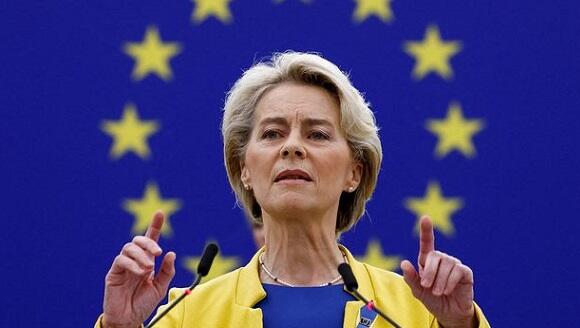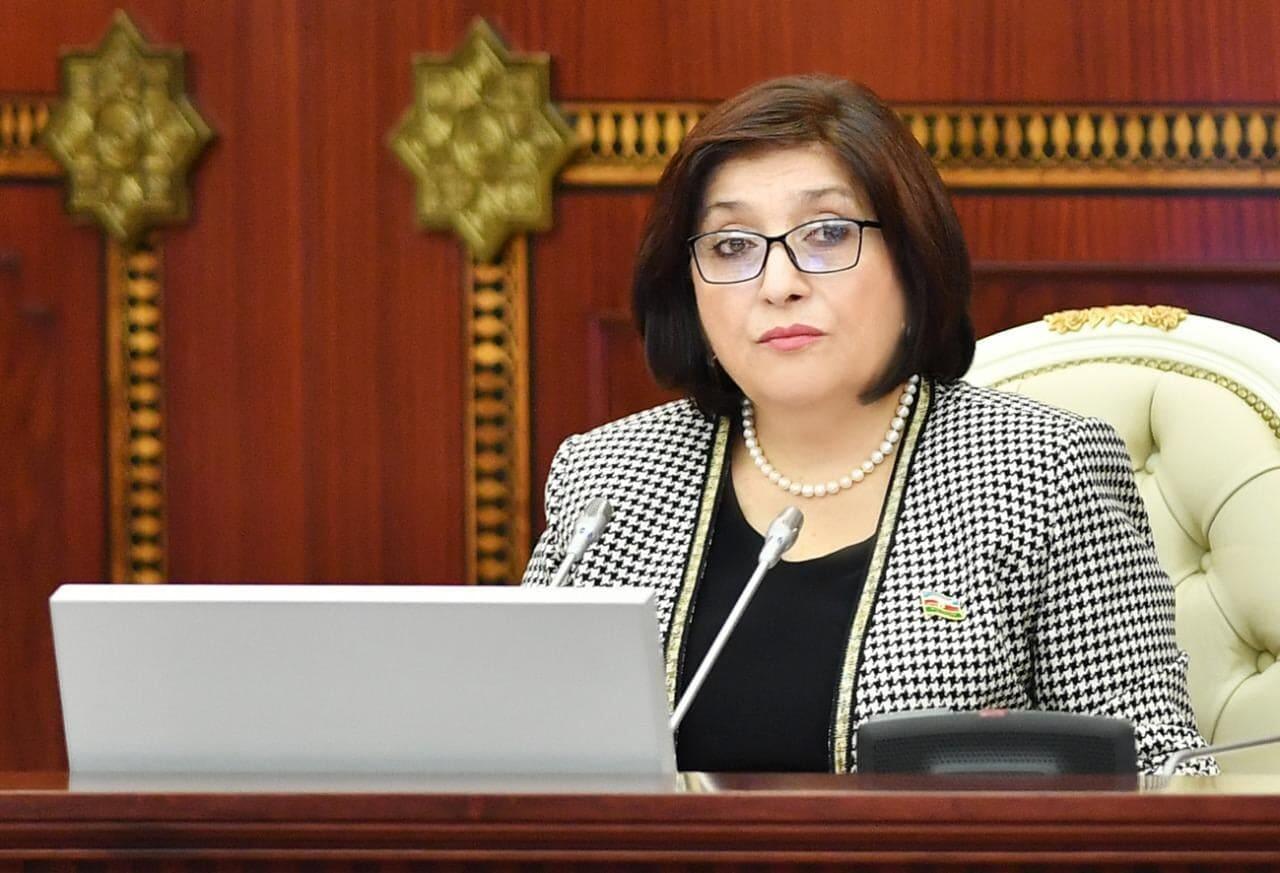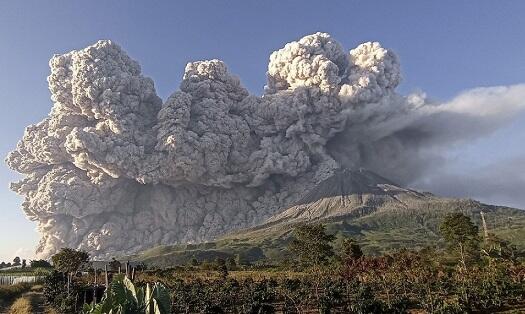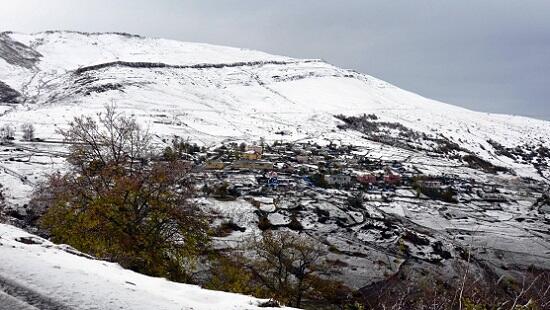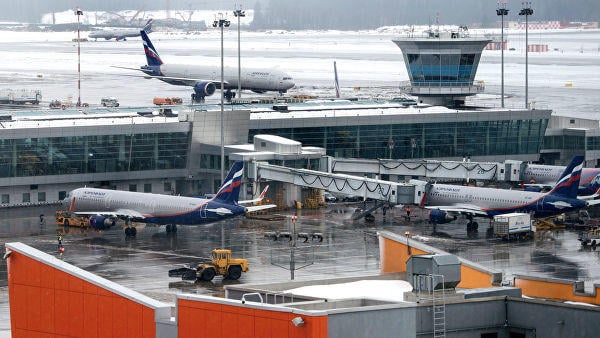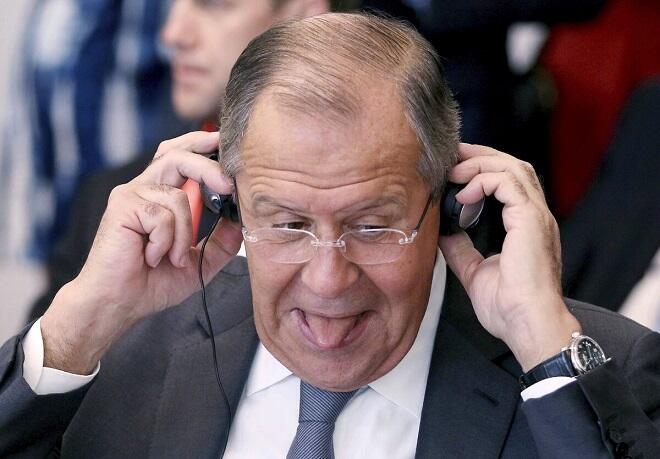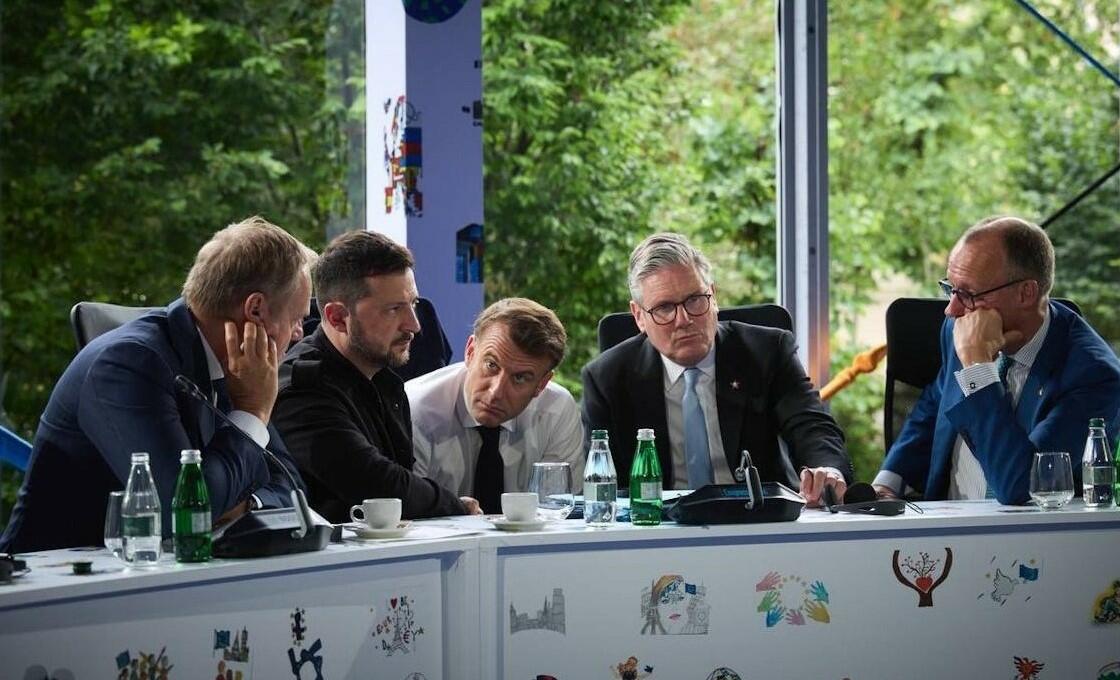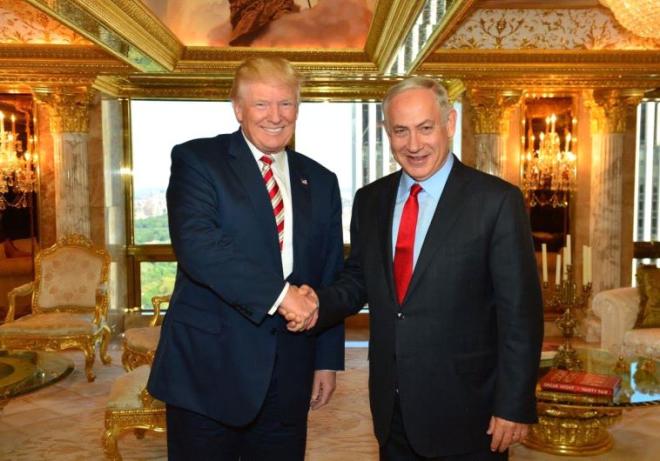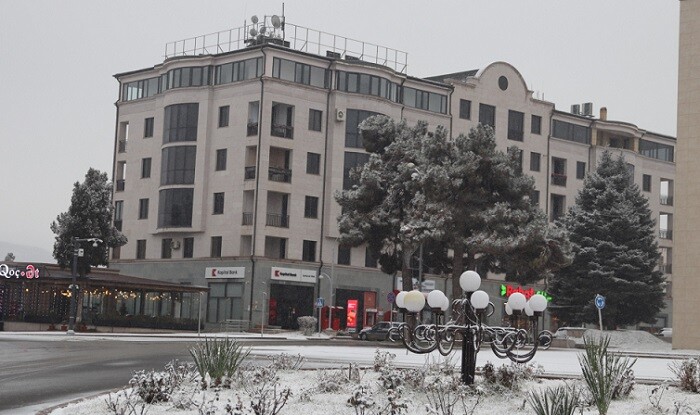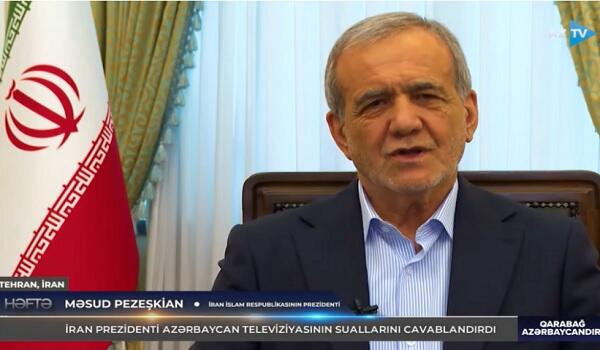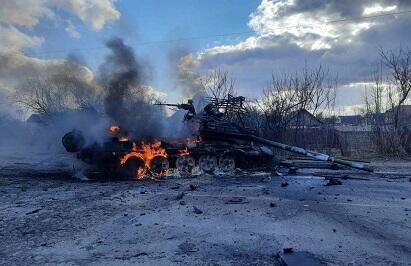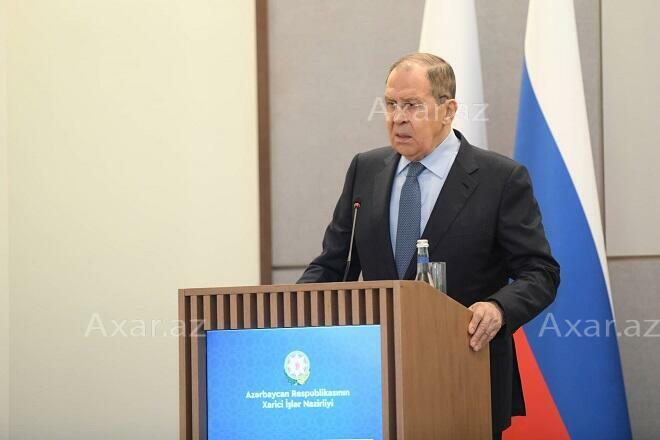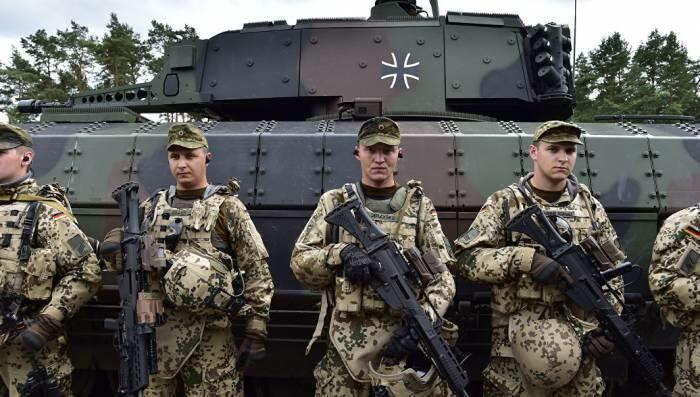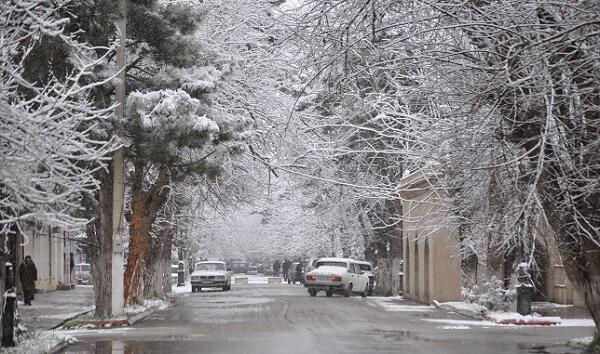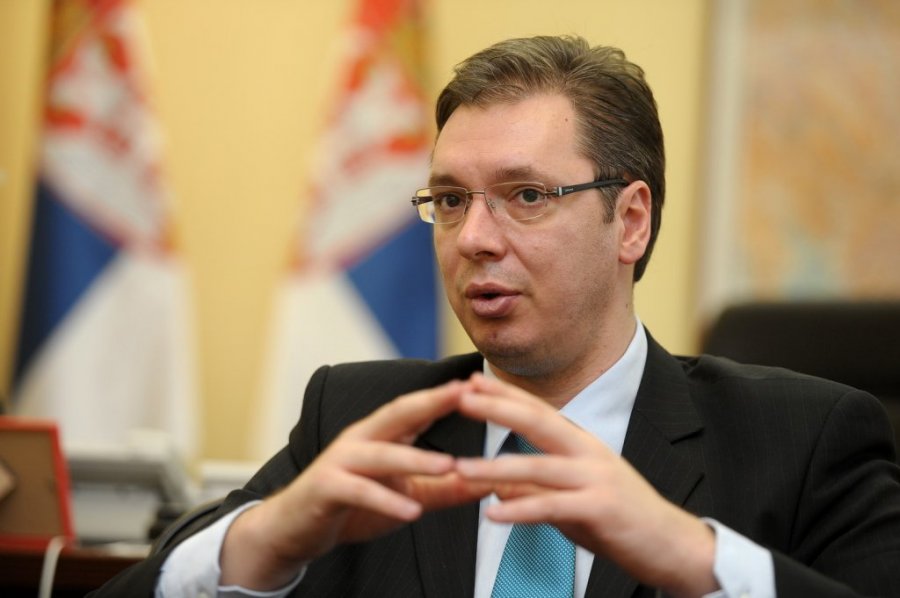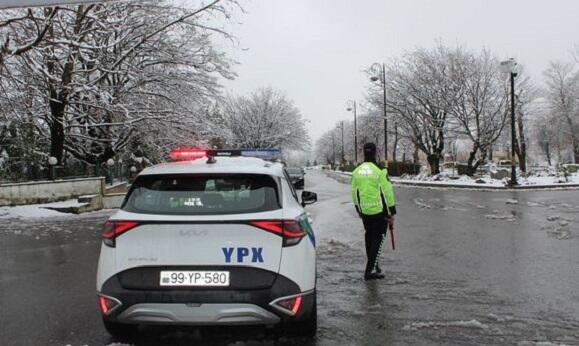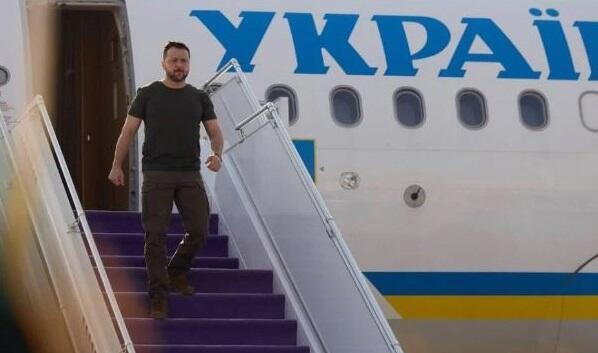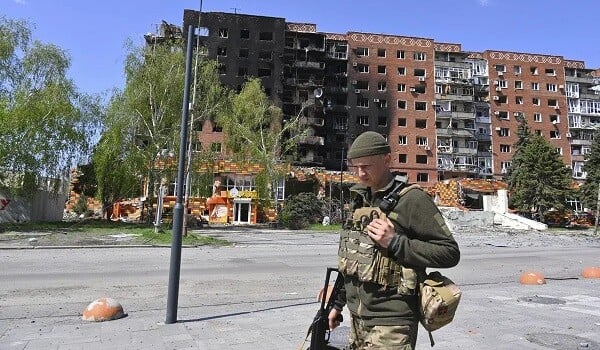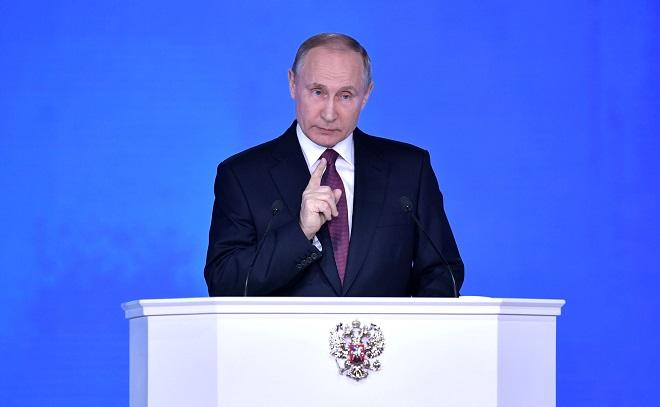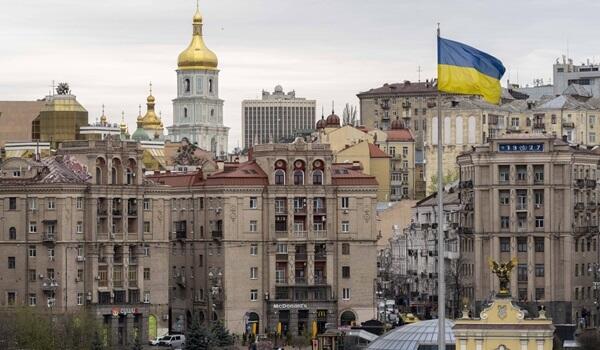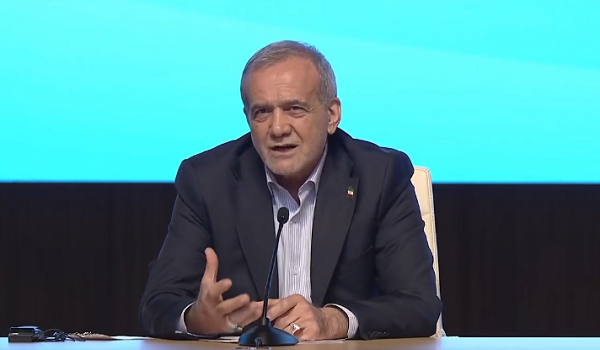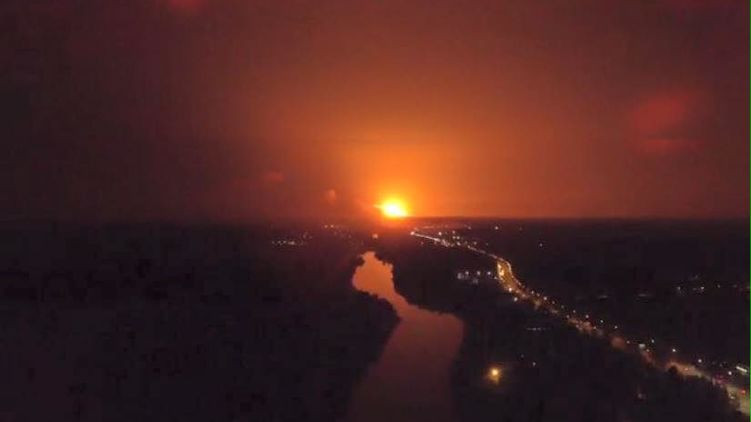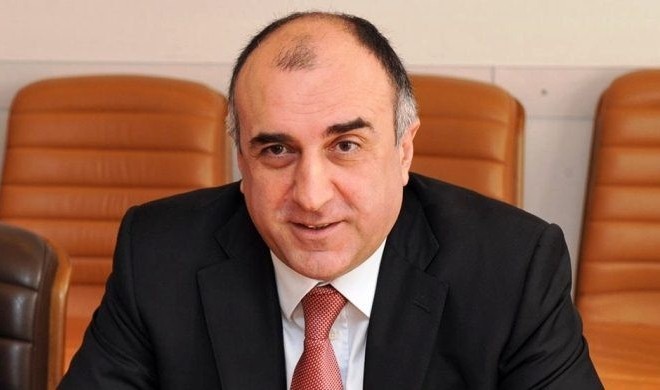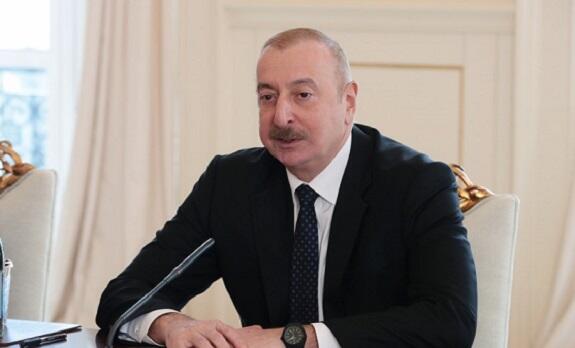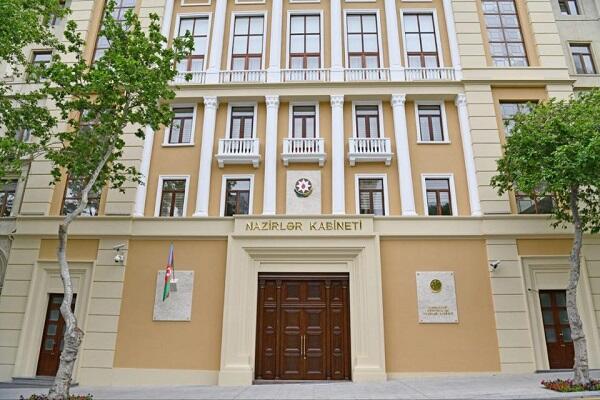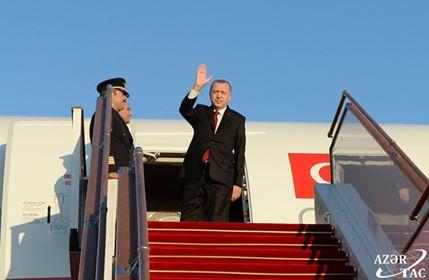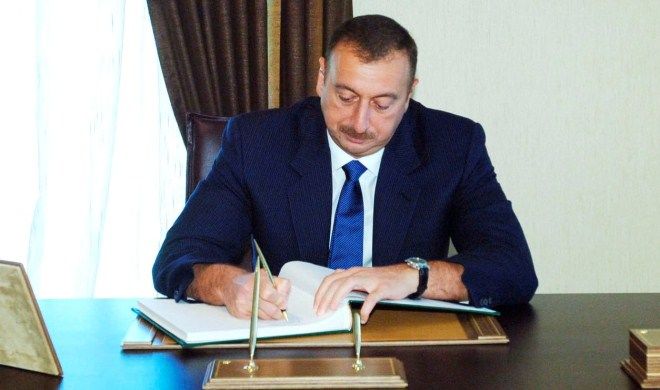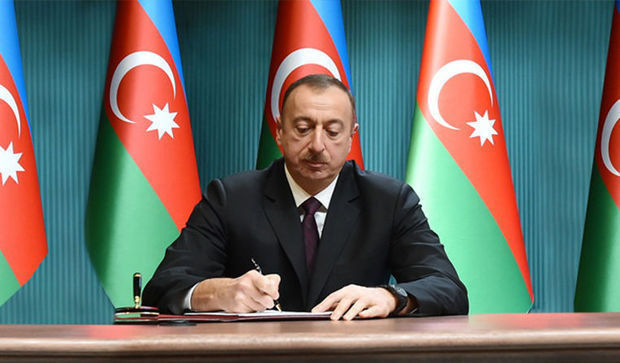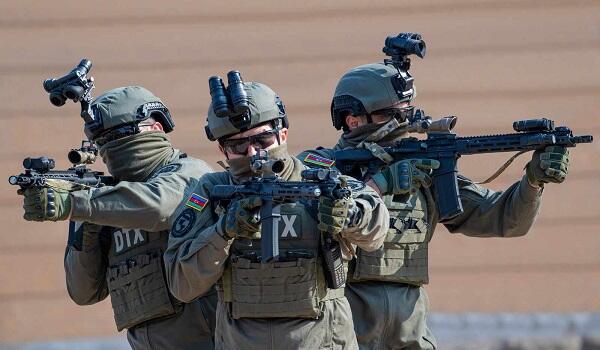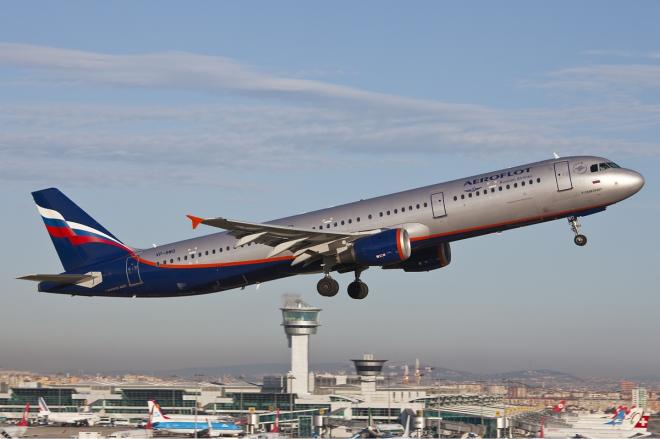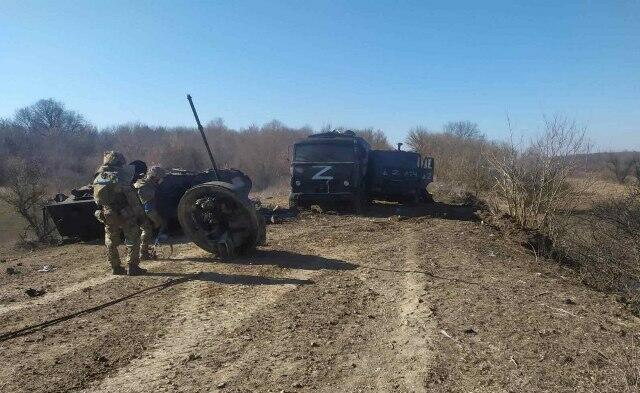The recent escalation in front-line has signaled that “status quo” in the settlement of the Armenia-Azerbaijan conflict may lead to violence and severe military clashes, said Azerbaijan’s Foreign Minister Elmar Mammadyarov.
He made the remarks addressing the meeting of Foreign Ministers of Eastern Partnership countries in Brussels May 23.
Everyone fed up with the status quo which is not reliable and remains unsustainable and unacceptable, according to Mammadyarov.
Demilitarization and withdrawal of troops from the occupied Azerbaijani territories has to be ensured, the FM stressed.
He noted that moving beyond this situation by means of constructive negotiations can bring desired peace and stability to the region.
“However, statements threatening Azerbaijan with “dirty bombs” bears no indication of any intention of Armenia in this regard,” Mammadyarov said.
“In the meantime, we call international community to closely scrutinize Armenia’s disobedience to commitments taken under international conventions on non-proliferation of weapons of mass-destruction. This is critically important in view of previous and recently discovered notorious criminal cases related to trafficking radioactive materials from Armenia to potential third countries,” he added.
The Nagorno-Karabakh conflict entered its modern phase when the Armenian SRR made territorial claims against the Azerbaijani SSR in 1988.
A fierce war broke out between Azerbaijan and Armenia over the Nagorno-Karabakh region of Azerbaijan. As a result of the war, Armenian armed forces occupied some 20 percent of Azerbaijani territory which includes Nagorno-Karabakh and seven adjacent districts (Lachin, Kalbajar, Aghdam, Fuzuli, Jabrayil, Gubadli and Zangilan), and over a million Azerbaijanis became refugees and internally displaced people.
The military operations finally came to an end when Azerbaijan and Armenia signed a ceasefire agreement in Bishkek in 1994.
Dealing with the settlement of the Nagorno-Karabakh conflict is the OSCE Minsk Group, which was created after the meeting of the OSCE Ministerial Council in Helsinki on 24 March 1992. The Group’s members include Azerbaijan, Armenia, Russia, the United States, France, Italy, Germany, Turkey, Belarus, Finland and Sweden.
Besides, the OSCE Minsk Group has a co-chairmanship institution, comprised of Russian, US and French co-chairs, which began operating in 1996.
Resolutions 822, 853, 874 and 884 of the UN Security Council, which were passed in short intervals in 1993, and other resolutions adopted by the UN General Assembly, PACE, OSCE, OIC, and other organizations require Armenia to unconditionally withdraw its troops from Nagorno-Karabakh.





